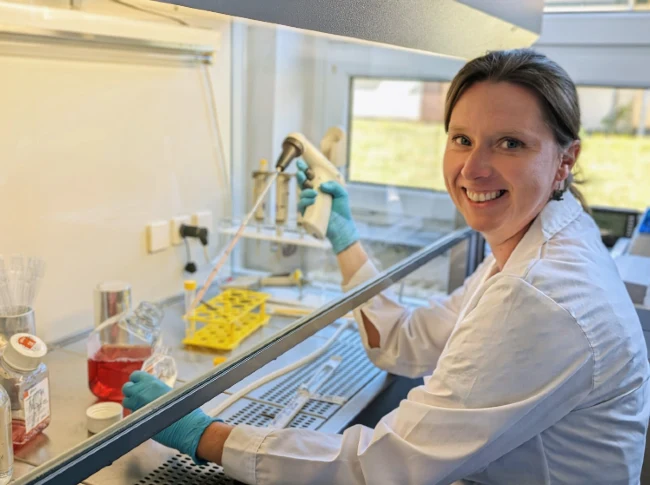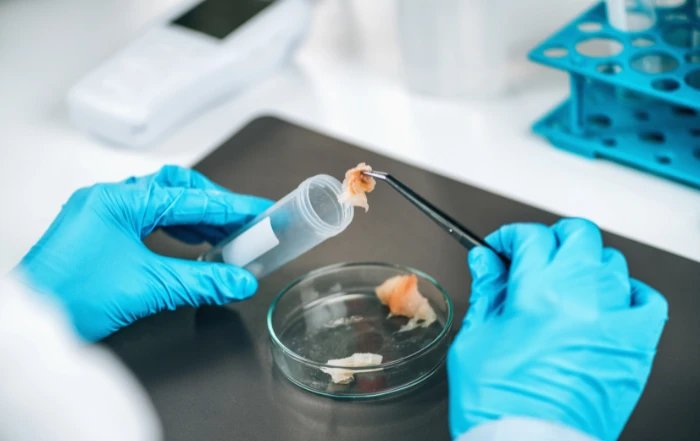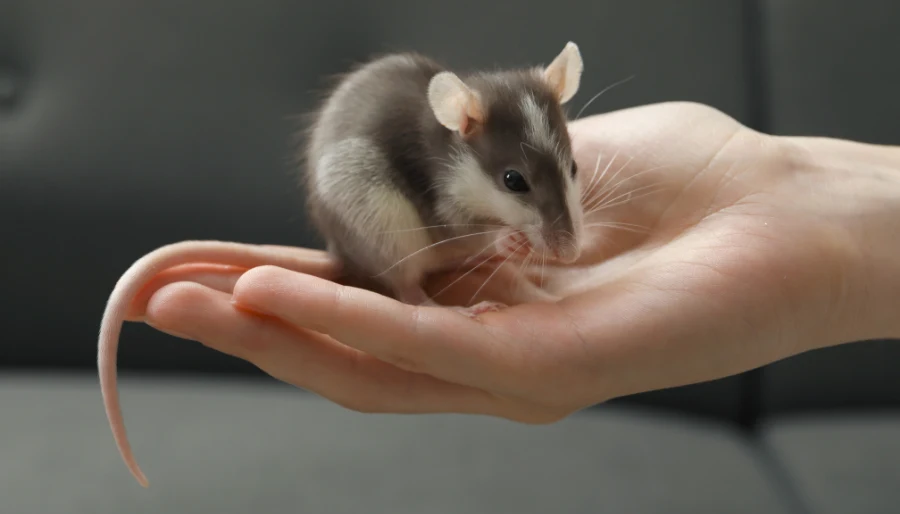Animal testing has long been a controversial practice, raising ethical concerns and prompting the search for alternative research methods. In recent years, the morality of using animal test subjects has been sadly overlooked and ignored. If you need an example, look at what the monkeys at Elon Musk’s Neuralink has been put through in the name of research. Musk lied about the origin of the monkeys and performed tortuous tests on healthy, young animals. So far, there has been no repercussions.
Mice have traditionally been the most commonly used animals in experiments, followed by rats. Recently, fish as test subjects have moved up to become the second most utilized group in scientific research.
However, the implementation of the 3Rs principle — reducing, refining, and replacing animal experiments — has shown promising results in fish studies.
In this article, we delve into the significance of the 3Rs principle and how it is transforming the landscape of fish research.
Reduce, Refine, Replace: Understanding the 3Rs
The 3Rs principle, championed by PD Dr. Bianka Grunow, head of the Growth Physiology of Fish working group at the Research Institute for Farm Animal Biology (FBN) in Dummerstorf, aims to enhance ethical standards and minimize animal usage in research. By reducing the number of animals involved, refining experimental methods, and ultimately replacing animals with alternative techniques, this principle revolutionizes scientific practices.
Core Focus Areas of the Growth Physiology of Fish Working Group
Dr. Grunow’s working group at the FBN focuses on three vital areas where the 3Rs principle takes center stage. Firstly, they analyze fish fillets to gain insights into animal quality and health. Secondly, they develop fish larvae to improve husbandry methods.
Finally, they explore fish cell culture systems to replace animal testing and reduce reliance on live specimens.

Replacing Animal Testing with Cell Culture Systems
By adopting cell culture systems, which have already become standard in human research, many conventional animal experiments in fish studies become obsolete. This not only addresses ethical concerns, but also presents an opportunity to enhance research efficiency while minimizing resource consumption and environmental impact.
The research community, along with government bodies and society as a whole, is increasingly discussing the reduction, refinement, and replacement of animal testing.
Understanding Fish Physiology Without Compromising Ethical Standards
Although fish may exhibit different physiological expressions compared to mammals, the vast number of fish involved in experiments necessitates a comprehensive understanding of this vertebrate group.
By employing the 3Rs principle and utilizing modern technologies and innovative research methods, scientists can tackle increasingly complex questions without relying on large numbers of experimental animals.
Insights into Climate Change Effects
Studying fish cell cultures provides profound insights into the impact of climate change.
By cultivating cell cultures from fish tissue and examining their physiological characteristics, researchers can draw conclusions about the effects of rising water temperatures and reduced oxygen levels without subjecting animals to harmful conditions.
This knowledge is crucial for comprehending the survivability of fish, particularly fish larvae, in shallow water areas such as coastal regions, which are greatly affected by temperature changes and pollutants.
Application in Aquaculture and Ecotoxicology
The knowledge gained from studying cell cultures is not limited to academia; it also holds tremendous potential for the aquaculture industry and ecotoxicological research. By leveraging these insights, experts can optimize aquaculture practices, mitigate the impact of pollutants in coastal waters, and tackle various environmental challenges more effectively.
As the 3Rs principle gains traction in the scientific community, its application in fish research emerges as a promising avenue for reducing animal testing.
By embracing cell culture systems and innovative research methodologies, researchers can navigate the complexities of fish physiology, address environmental concerns, and revolutionize scientific practices.
More To Discover
- Riding the Waves to a Cleaner Future: Powerful Whale-Inspired Tech Can Transform Maritime Industry
- The Zero-Energy Ultrathin Film That Can Protect Crops and Slash Food Waste
- Jet Fuel from Human Waste: A UK Company’s Sustainable Breakthrough
- Governments Spend $22 Billion A Year To Accelerate Overfishing (11 Countries Spending The Most)
The 3Rs principle not only promotes ethical research but also paves the way for advancements that benefit both science and industry.
Source: FBN




















